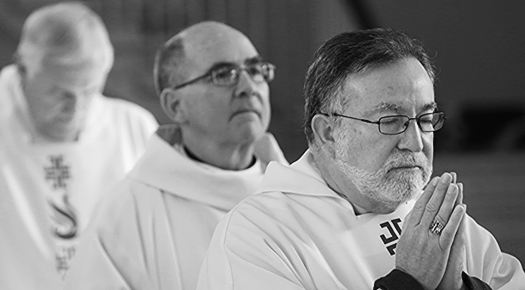
Photo Credit: America Magazine
This June U.S. Conference of Catholic Bishops held a meeting in Baltimore, MD, and they adopted a process for reporting and investigating allegations of sexual misconduct and cover ups by bishops. This was their way of responding to recent accusations of episcopal misconduct and to implement the papal apostolic letter (Vos estis lux mundi/You are the light of the world) issued after the summit on clergy sexual abuse convened by the pope in Rome in February. They also voted to affirm their commitment to be covered by the 2002 Dallas Charter for the Protection of Children and Young People, which many people complained applied only to the priests and not bishops.
The policy creates a national hotline for people to call or write with complaints that a bishop has abused a child, sexually harassed a person or mishandled an abuse report and this hotline will be operated by an outside vendor. The hotline will ordinarily relay a report to a leading bishop in the region where the accused bishop works or worked and the bishop who receives the report will be responsible for reporting it to law enforcement, the Vatican and for bringing in laypeople to help investigate the complaint.
Critics have questioned this process because bishops will be investigating bishops but Involving lay experts in the process is an answer to this. “Lay involvement should be mandatory to make darn sure that we bishops do not harm the church in the way bishops have harmed the church, especially what we have become aware of this past year,” said Bishop Shawn McKnight, bishop of Jefferson City, MO; as Religion News Service reports. Two items were approved that strongly encourage lay involvement, one was added on the final day of debate and the other was included in a new list of principles affirmed by bishops. According to the Washington Post, the first item suggests that each archbishop “should identify a qualified lay person to receive reports” of misconduct by bishops. The second one is this statement: “We are also committed, when receiving and investigating such cases, to include the counsel of lay men and women whose professional backgrounds are indispensable.”
Certainly this is not a perfect system and we will see in future if this system would be efficient. This new policy is a step forward comparing the past when episcopal misconduct was either ignored or covered up with only Rome involved in the investigation of bishops. The whole process was surrounded by secrecy and now at least there is a system or a process that should be transparent by involving people outside the Church.
